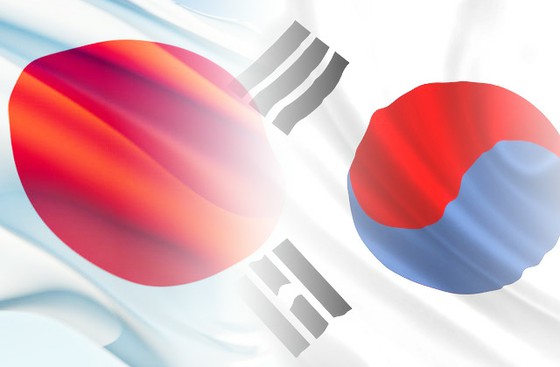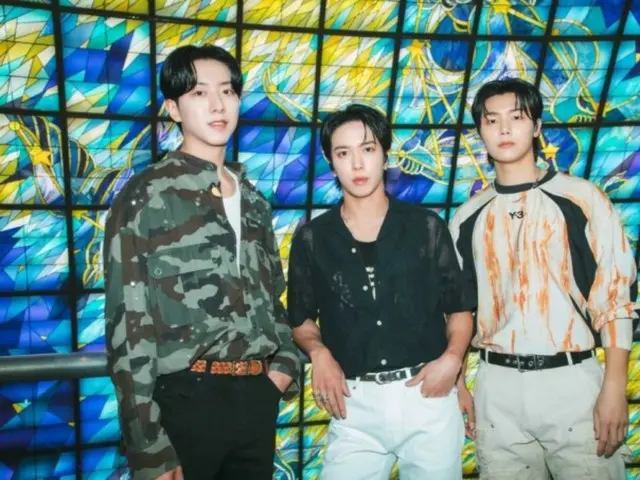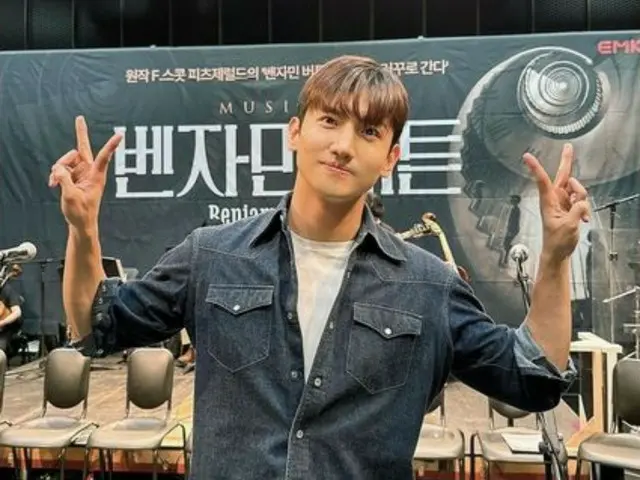 |
"Russia has signs of moving troops, as I have already said in the Ganghwado Treaty. Every time we Japanese go to Russia, they make weapons and Heilongjiang. We have a lot of military power in the basin. What threatens this? It's about to avenge your country (Korea). You're repairing machines. , We should refine our graduates and put in place defense measures. "
Four days later, on June 8th, Inoue invited Kim Ki‐Su to his home and held a banquet, giving him the widest map of the world as a gift and at the same time advised him again.
"Russia has Korea in mind because I've already said it repeatedly. I'm not a vague person with a middle wind. When you return home, tell me what you're talking about. I hope you will inform the court and work hard to prepare for the response. "
Despite these repeated appeals from the Japanese leadership, Kim Ki‐Su did not even mention a single word about Russia after returning to Japan. On July 30th, 1876, a Japanese delegation arrived in Seoul for a trade-related treaty as a post-processing work on the Ganghwado Treaty. A person named Cho In-hee came out as the representative of the negotiations on the Korean side. The Japanese delegation was in a state of receiving the following instructions from the Japanese government.
"From Japan's point of view, it is best to have no trade tariffs, but of course the Korean side will demand the imposition of tariffs. No matter how much the Korean side demands, tariffs will only be negotiated at a level within 5% of the commodity price."
Representative from Japan: Tariffs should be levied during trade transactions at open ports, but what is your country's (Korea) view of tariffs?
Chosun representative: …….
At that time, Korea did not even know the concept of tariffs in international law due to the influence of the isolation policy. The disappointed Japanese national team explained the concept of tariffs to the Korean national team in detail at that seat. And continued negotiations.
Representative from Japan: I think it is best not to impose tariffs on each other from the next former, which encourages trade between the two countries.
Representative of Korea: Is it certain that if Korea does not impose tariffs on Japanese products, Japan will not impose tariffs on Korean products either?
Japan National Team: That's right.
The Korean representative said that if both parties had the same tariff-free conditions, they would not suffer any damage and would accept it as it is. Since then, Japanese products have come to the result of being flooded into Korea without tariffs.
The tariff agreement with Japan was a fatal mistake only after the Korean leadership heard from the Qing dynasty that it was a natural international practice to collect tariffs on imported goods when trading with foreign countries. I finally realized the fact that it was.
Even after the Joseon Susinsa, represented by Kim Ki‐Su, returned to Japan, there were no signs of change in Korea. This made Japan more disappointed. In addition, Britain, which is competing for hegemony with Russia at that time, has also become frustrated by the state of Korea, which is too ignorant of the international situation. The unseen Britain eventually put pressure on Li Hongzhang of the Qing dynasty during the visit of the second Joseon Susinsa (1880), represented by Kim Hong-jip.
"Korea is a client state of you (China), so it seems that you will hear a little. Write a book saying that you should be wary of Russia and give it to Korea."
As a result, Li Hongzhang ordered Ruzhang He, the minister of the Qing dynasty stationed in Japan, and Huang Zunxian, the counselor, to write a book to warn Russia and hand it over to Kim Hong-jip, the representative of the Joseon Susinsa. The result is a book called "Korean Strategy."
In order for Korea to prevent Russia from moving southward, it will develop a foreign policy of "pro-China, Yui Japan, and the United States of America (close to China, connect with Japan, and cooperate with the United States)" to learn Western technology and become a wealthy soldier. The content was that it should be done.
The book also referred to the "Swallow Sparrow Hall," which is a metaphor for Korea, with swallows and sparrows sitting under the eaves and singing when the fire broke out and the house burned down. It was a derogatory point that people from all over the world looked at Korea in a dangerous way, but only Koreans could not understand the actual imminent disaster.
In the trade treaty with Japan accompanying the conclusion of the "Jianghua Island Treaty", a person who came out as a representative of negotiations on the Korean side was disappointed that the negotiations proceeded without even understanding the concept of tariffs. Based on the idea that "if they (Korea) are left unattended any longer, it will be more important", he further strengthened the domestic affairs interference with Korea.
Following Yuan Shikai, the Qing dynasty dispatched persons named "Ma Jianjo" and "Paul Georg von Möllendorff" to Korea to interfere with Korea's finances and diplomacy, respectively. "Melendorf" has been promoted to the position of "cooperative" (deputy minister of diplomatic authorities) in Korea.
According to the Ganghwado Treaty with Japan, Busan Port opened in 1876, Wonsan Port opened in 1880, and Incheon Port opened in 1883. Among them, the opening of the former mountain port was the result of Japan's promotion of the British restraint policy against Russia, which was fighting for hegemony with Russia at that time.
In ancient times, east and west, the misfortune of the nation begins with ignorance and misjudgment. Cheng-Zhu is the best scholarship in the world, and Korea, who firmly believed that Korea, which inherited the Ming dynasty, is at the center of world civilization as a small Chinese is a typical case.
It's a pity that until today in the 21st century, I miss the past Korea, which was so pathetic, and I wondered if I was going to return to that Korea. The point is that the savagery who reveals the instinct (DNA) of sadaejuui to China is overflowing in the surrounding area.
They (undeveloped people) are in a state of being packed with physics and Cheng-Zhu thinking circuits that are the same as in the Joseon era, just by using the tools of civilization such as smartphones.
The reason why South Korea today faced a major crisis, especially in the field of foreign affairs and security, is that there are many people in the vicinity who are wearing the mask of civilization and who are still at the level of the Joseon era, who have both ignorance and misjudgment.
(the end)
* This article is a Japanese translation of a contribution by Mr. LUDA, a conservative Korean conservative fund. The Korean version has already been published in the Korean media. We are responsible for the accuracy of the translation.
2021/09/09 21:28 KST


